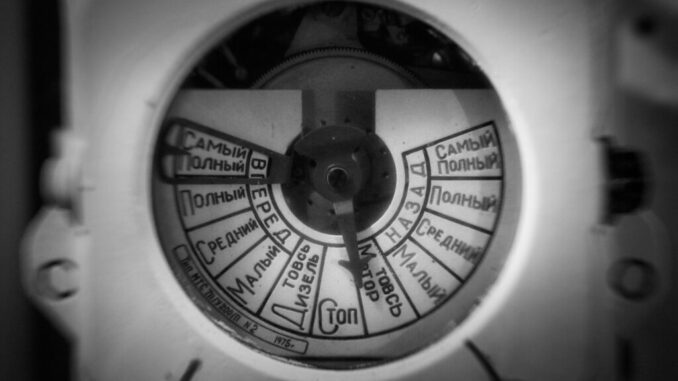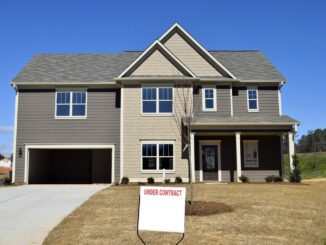
What is a Sub Meter System?
Traditional water metering involves the installation of one “master” meter that tracks water consumption for an entire building. Then when billing residents, water costs were simply part of the rent, or costs were divided depending on the size of the apartment or number of bedrooms. However, if you need to monitor each tenant’s individual electricity consumption within a building, a sub-metering system can be installed to do just that.
Where Can They Be Used?
These solutions work under the primary gas/electricity meters and can be installed in buildings of multiple occupancies, or offices of multiple lettings. By doing so, landlords can monitor and accurately claim costs for a retail unit, an independent site, or a part of or an entire floor of a commercial building. This system is ideal for properties like commercial buildings, medical centers, shopping centers, condominiums, military housing, and apartment buildings. You can use sub meters to keep an eye on electric, water, BTU, gas, and data.
The more advanced wireless sub-metering systems can access residents’ water usage remotely and then display the information procured on a web-based portal. This transparent system improves the experience for both landlords and tenants. As residents can view a dedicated website to see their water use, the knowledge available empowers residents to control their water consumption, thus reducing their water bills.
The Facts and Figures
The rental market is a strong one in the US currently and has been such for many decades. Statistics show between 30 and 40 percent of people rent properties over buying them. Why is this figure so high? One reason is that young people often lack the money needed to get a deposit for a mortgage. While they work towards that down payment, they need to rent accommodation. Furthermore, students are likely to rent rooms in houses of multiple occupancies so that they can be closer to their colleges and universities and business may only have the means to rent a facility. The average landlord reports a rental income of $34,217 and yet also reports a deductible expense of $23,679 every year. This leaves a profit margin of just 30.8%.
It’s Not All Bad News for Landlords
The good news is that you can really improve your profits. Using an electric sub meter is just one way of doing that, as they can help you to reduce energy use by up to 16%!
The Benefits of Sub Meters
The benefits of sub meters go even further, the key selling point being the precise way in which they monitor utility consumption. You can easily identify areas of inefficiency so that the end user has the information they need to act and save a further 30 percent on your bills. Utilities are the most controllable cost when it comes to rental properties, both housing and commercial properties. Just as one example, a sub metering installation in a six-floor, 60 apartment rental building led to a dramatic reduction in utility costs. The reporting of water leaks led to further saving as issues were resolved quickly and completely. In fact, their total savings was over half their usual utility costs.
Not only can Implementing a sub meter system help reduce these costs significantly, but it can also bring the following benefits:
- You can provide your tenants with accurate bills.
- You will meet certain regulatory obligations and standards.
- You will have a better understanding of how and where your buildings are using energy.
- You can identify the areas of unusual demand.
- You can see the impact that operational changes and energy-saving measures have on your bills and assess the changes as needed.
- There are environmental benefits, as it incentivizes conservation behavior. You can have a clear insight into the areas of your building that need to improve in regard to efficiency. Pinpointing these areas helps you to make changes to conserve resources.
- They can detect water leaks by monitoring toilets, showers, and other areas where leaks are difficult to spot. This will save you a lot of stress, money, and time in the long run. Leak detection is vital when handling rental-housing facilities as these leaks result in a large percentage of the property’s water consumption. You can use this data to email reports to maintenance teams so that leaks can be repaired promptly. If a leak is more serious, the system can alert staff members to the more critical danger.
The Laws and Legalities Around Sub Metering
You need to be aware that 23 states and several countries have laws and ordinances in place that regulate the submetering of utilities by landlords. Bearing this in mind, it’s very important to do your research so that you are confidently adhering to the regulations in place. For example, in California, law dictates that water meters and sub meters are installed in all apartments and rental accommodations built after the first of January 2018. Under these laws, owners must provide residents with accurate details about their usage of water so that bills are based on usage rather than guessing. The regulations encourage water to be used responsibly as conservation in this area of frequent drought is essential. The advantages advance far beyond the regions of California landlords in possession of rental accommodation can use sub metering to reduce utility costs while also improving the experience of the residents. Tenants have the right to read their meter and view the data recorded by a sub-metering system.
Source: Realtybiznews.com


